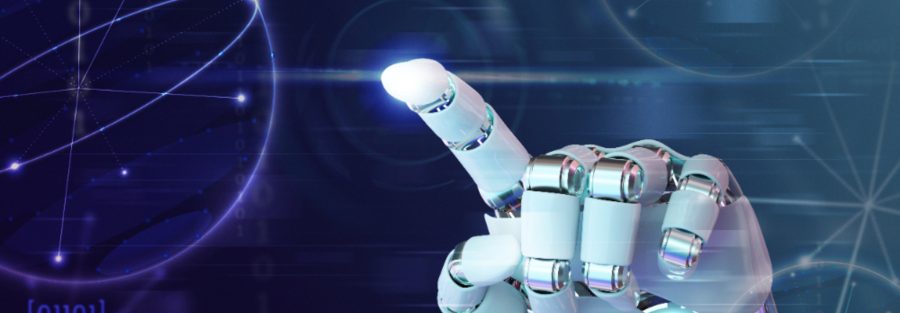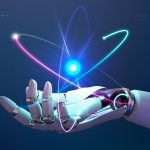Generative AI is reshaping various industries, ushering in a new era of creativity and innovation. This technology goes beyond mere automation; it fundamentally changes how we approach problem-solving and content creation across different sectors.
What is Generative AI?
Generative AI encompasses systems that can produce new outputs—be it text, images, music, or even software based on the data they’ve been trained on. Unlike traditional AI, which often focuses on recognizing patterns or making predictions, generative AI creates fresh content, offering exciting possibilities for various applications.
How Generative AI works in several industries
- Transforming the Creative Sphere
In the creative industries, generative AI is a game-changer. Instead of just assisting artists and marketers, it acts as a collaborator, generating ideas and content that can spark inspiration. For instance, it can draft compelling marketing campaigns or compose original music, allowing creators to explore new avenues without the constraints of traditional workflows. This partnership fosters a more dynamic creative process, pushing boundaries in art, literature, and advertising.- Advancements in Healthcare
Generative AI is also carving out a significant role in healthcare. By analyzing extensive datasets, it can propose novel treatment pathways or simulate the effects of potential drugs, accelerating the research process. This capability not only aids in faster drug discovery but also supports clinicians in developing personalized treatment plans tailored to individual patient needs, ultimately improving healthcare outcomes. - Redefining Design and Manufacturing
In design and manufacturing, generative AI optimizes workflows by generating and evaluating multiple design options based on specified criteria. This approach allows engineers to focus on innovation while the AI handles the intricacies of optimisation. The result is a more efficient design process, leading to products that are not only better suited to consumer needs but also more sustainable.
- Advancements in Healthcare
Ethical Considerations
While the potential of generative AI is vast, it is not without its ethical complexities. The capacity to create content raises questions about authenticity, intellectual property, and the risk of misinformation. As industries adopt this technology, it is crucial to establish guidelines that ensure responsible use, fostering trust and accountability.
Generative AI is not merely a technological advancement; it represents a shift in how we conceive creativity and problem-solving across various industries. By understanding its implications and addressing the associated challenges, we can harness its power to drive meaningful innovation. Embracing this change requires a commitment to thoughtful integration, paving the way for a future where generative AI enhances human creativity rather than replacing it.






